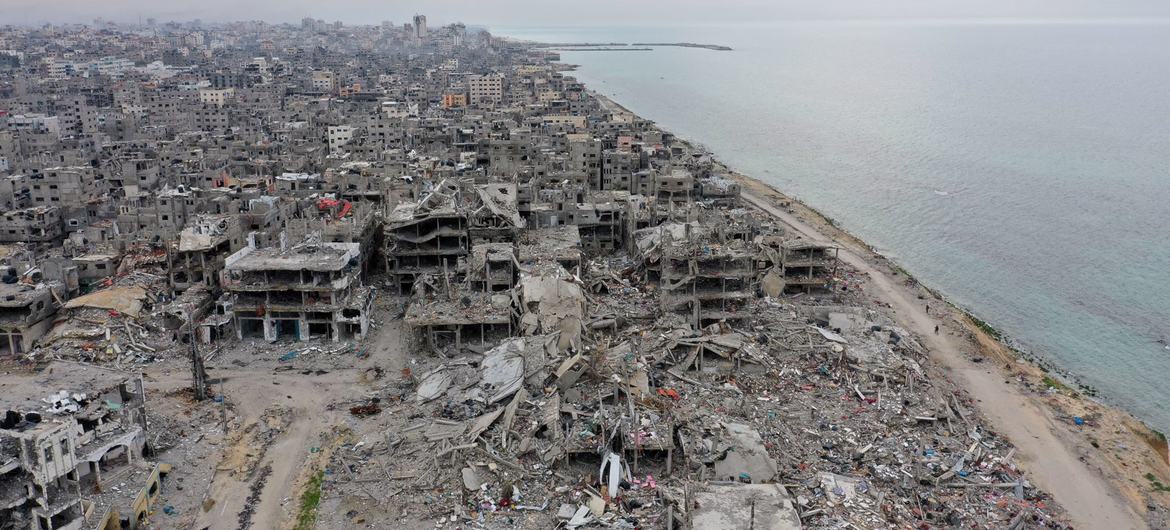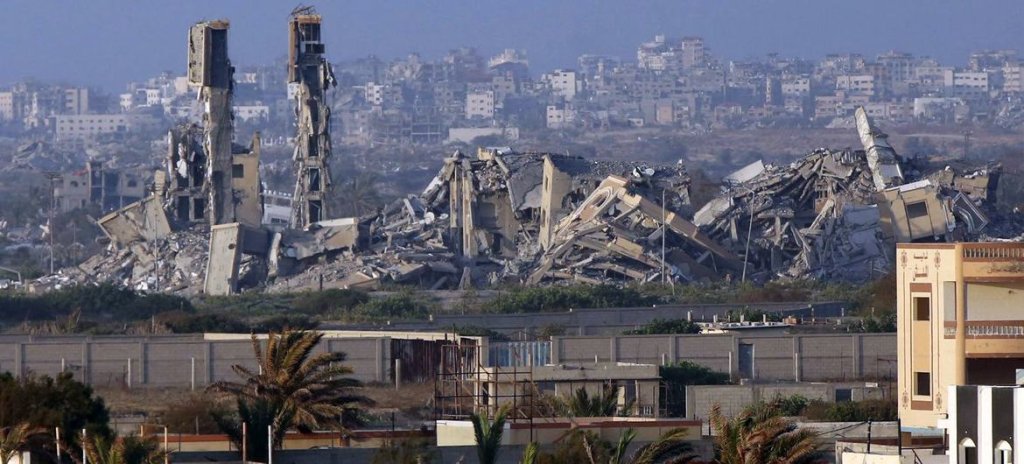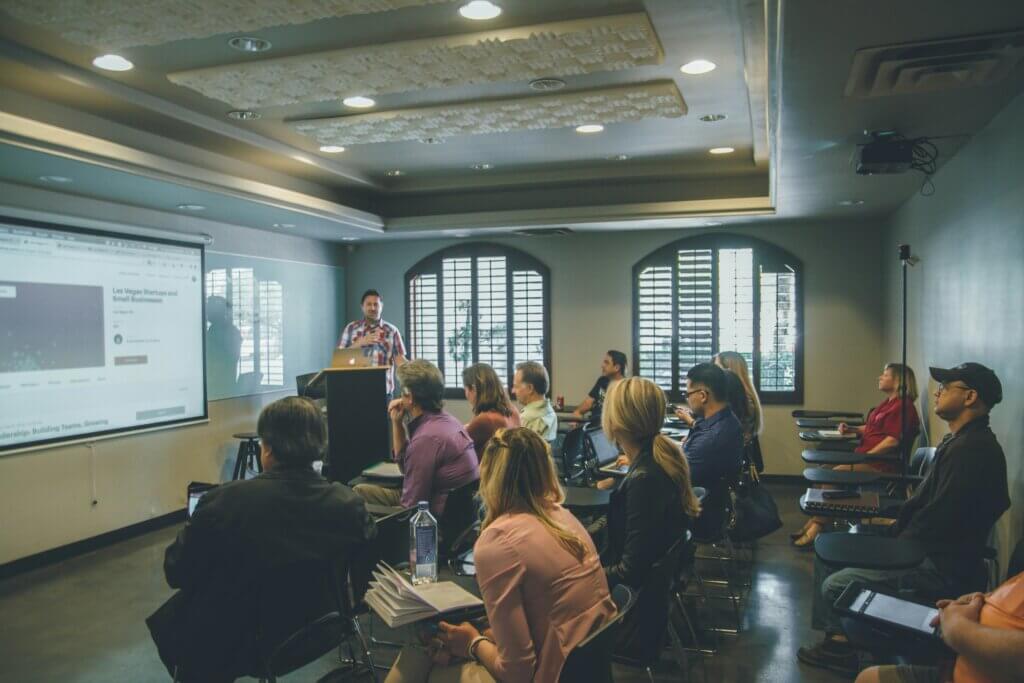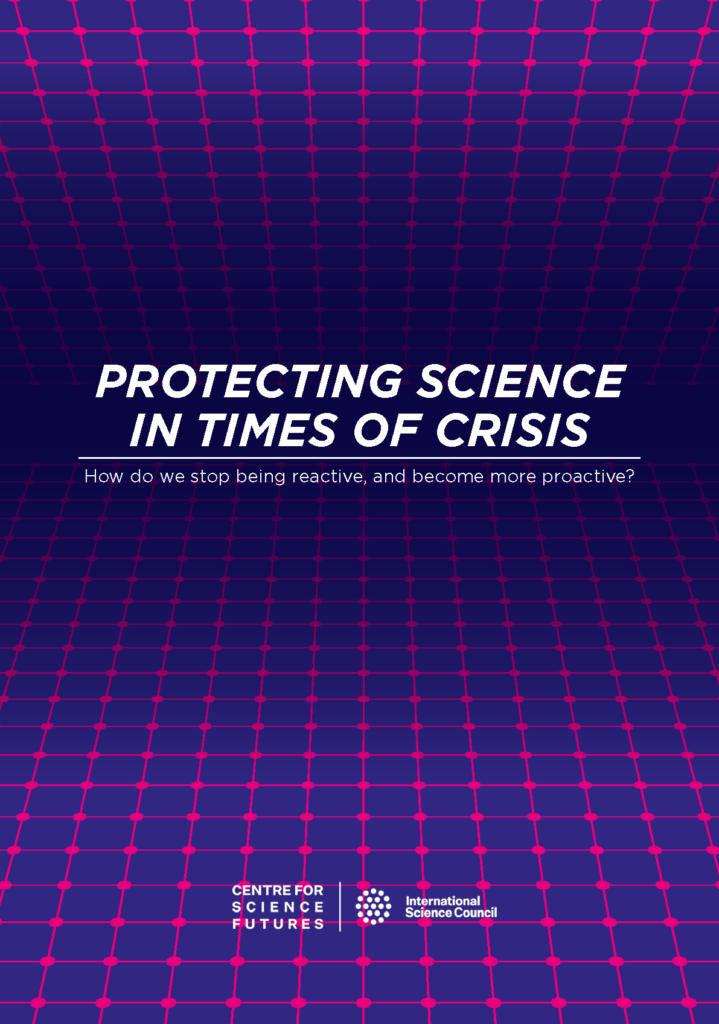
Gaza’s universities are destroyed, as are many teaching and research facilities in the Palestinian territories. As and when people are able to leave, the international scientific community expects many researchers and academics in Gaza will want to seek safety and opportunities to work remotely or abroad, at least temporarily.
We as scientists may sometimes feel that we have limited scope to address the human rights abuses inflicted upon the population of Gaza, including the scientific community. However, we can make a difference when we act together to support those who have fled their homes and lost their livelihoods in this ongoing humanitarian catastrophe.
The ISC is compiling offers of assistance from its network of Members and partners, and the global scientific community, to support at-risk Palestinian scholars and students.
Please help us in gathering offers of assistance and other resources relevant to Palestinian colleagues by sending your support materials to [email protected]:
The ISC is also in contact with scholars in Gaza, and will be sharing stories on the situation of scholars, scientists, and the scientific community in Gaza.
Stay tuned to this page for regular updates.
See all offers of assistance
Research4Life in the Palestinian territories:
Contribute to this support page
Please share with us your statements, offers of assistance and other related resources via the online form below.
 blog
blog
 statements
statements
 statements
statements

Protecting Science in Times of Crisis
International Science Council. (February 2024). Protecting Science in Times of Crisis. https://council.science/publications/protecting-science-in-times-of-crisis DOI: 10.24948/2024.01
Full paper Executive SummaryThe science sector has not adequately addressed its own resilience in the face of crises – from scientists becoming refugees to civilian infrastructure being destroyed resulting in the loss of knowledge and research projects.
The ISC report “Protecting Science in Times of Crisis: How do we stop being reactive and become more proactive?” emerges at a critical juncture, addressing the urgent need to protect scientists, academics, scientific and educational institutions increasingly targeted during conflict, or subject to losses because of natural hazards or increased climate-induced extreme weather events. Drawing on lessons learned from recent crises, the paper offers a strategic framework for the global scientific community. It emphasizes the importance of prevention, protection, and rebuilding, advocating for systematic, efficient, and coordinated approaches to crisis management within the science sector.